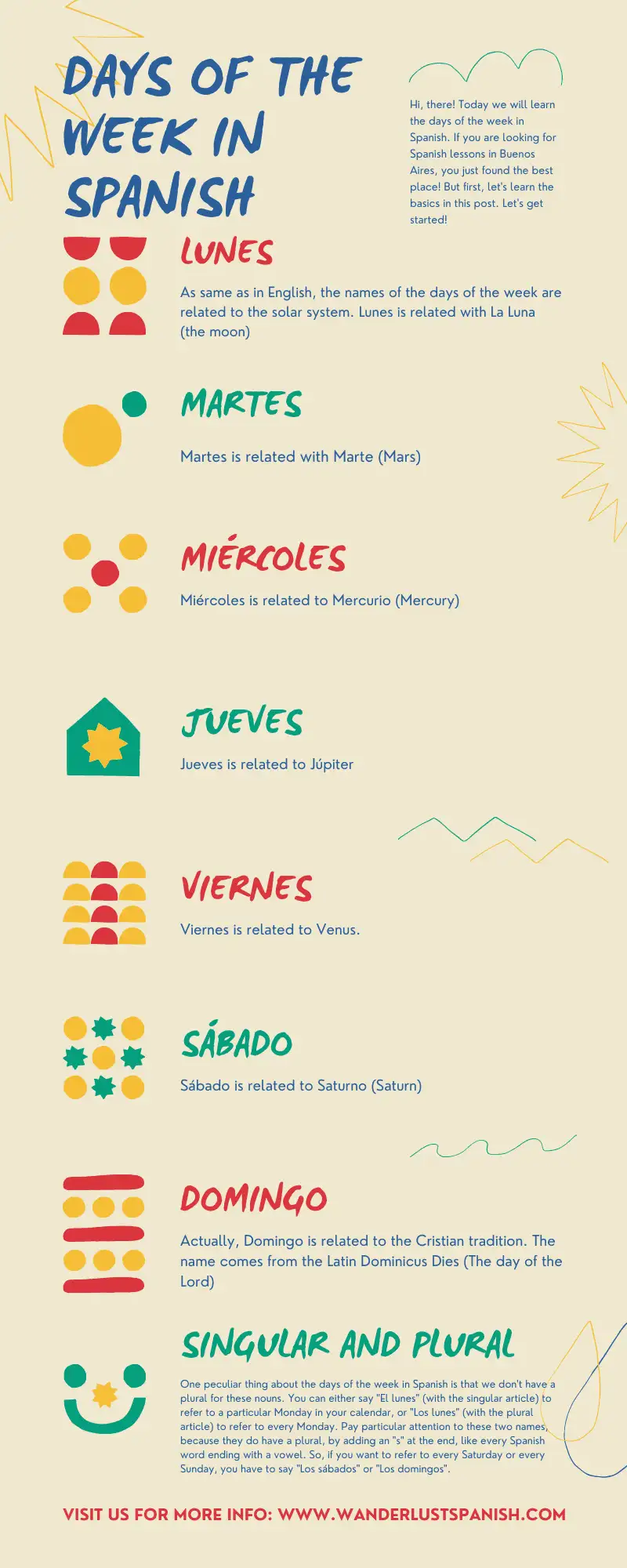Argentina, a country renowned for its vibrant culture and rich literary tradition, has produced some of the world’s most influential poets. From the romanticism of Jorge Luis Borges to the revolutionary spirit of Alejandra Pizarnik, Argentinian poets have crafted profound verses that encapsulate the essence of the nation’s history, politics, and emotions. In this blog, we invite you to embark on a captivating journey through the lives and works of these renowned poets, delving into their literary contributions and the enduring impact they have had on the global literary landscape.
Through their evocative verses, Argentinian poets have skillfully captured the complex tapestry of Argentina’s cultural heritage. Their words serve as windows into the collective consciousness of the nation, shedding light on its struggles, triumphs, and aspirations. From the passionate narratives of love and loss to thought-provoking social commentary, these poets have shaped the literary landscape of Argentina and left an indelible mark on the world of literature.
Poetry in Argentina
Contents
Poetry in Argentina has always occupied a prominent place within the country’s rich cultural heritage. From the early modernist movements to contemporary expressions, Argentine poets have used their words to capture the essence of their nation’s history, struggles, and aspirations. The poetic landscape of Argentina is characterized by its diversity, embracing a wide range of styles, themes, and voices.
The birth of modern Argentine poetry can be traced back to the early 20th century, when a wave of avant-garde movements swept through the literary scene. Influenced by European literary movements such as surrealism and symbolism, Argentine poets began experimenting with innovative forms of expression, breaking free from traditional norms and pushing the boundaries of poetic language.
One of the most notable poetic movements in Argentina is the Grupo Boedo and the Grupo Florida, which emerged in the 1920s and 1930s. The Grupo Boedo, led by writers like Roberto Arlt, focused on social themes, giving voice to the working class and addressing the socio-political issues of the time. In contrast, the Grupo Florida, represented by figures like Jorge Luis Borges and Oliverio Girondo, embraced a more experimental and introspective approach, exploring the complexities of human existence and the power of language.
Throughout the 20th century, Argentine poetry continued to evolve and flourish, giving rise to influential poets such as Alejandra Pizarnik, Julio Cortázar, and Juan Gelman, among many others. These poets tackled a wide range of themes, including love, social justice, identity, and the human experience. Their works reflected the turbulent political and social climate of Argentina, expressing dissent, resilience, and a profound exploration of the human condition.
Contemporary Argentine poetry remains vibrant and dynamic, with emerging poets adding their unique voices to the literary landscape. Today, poets like Tamara Kamenszain, María Negroni, and Fabián Casas continue to push the boundaries of poetic expression, engaging with current social issues and embracing diverse forms and styles.
Argentina’s poetic tradition not only reflects the nation’s cultural and historical identity but also serves as a medium for individual and collective self-expression. It offers a lens through which we can explore the complexities of Argentine society, its struggles, dreams, and aspirations. Through the power of poetry, Argentine writers continue to capture the essence of their nation and contribute to the ever-evolving world of literature.
The best known male Argentinian poets
Julio Cortázar: Julio Cortázar, a literary pioneer, pushed the boundaries of storytelling and transformed the way we perceive literature. His magnum opus, “Rayuela” (Hopscotch), defied conventional narrative structures and invited readers to embark on a non-linear literary journey. With multiple possible reading paths and alternative endings, Cortázar challenged the notion of a fixed narrative, allowing readers to actively participate in the construction of meaning.
Cortázar’s unique blend of reality and fantasy, his seamless fusion of the mundane and the surreal, captivated readers around the world. In his short story collection, “Final del juego” (End of the Game), he explored the complexities of human existence, weaving together intricate narratives that blurred the lines between reality and imagination. His iconic work, “Cronopios and Famas,” celebrated the whimsical and absurd, showcasing his unparalleled creativity and his ability to breathe life into unconventional characters and situations.
Julio Cortázar’s influence on the literary world cannot be overstated. His innovative techniques, such as stream of consciousness writing and nonlinear narratives, have inspired countless writers and challenged traditional storytelling norms. His experimental spirit and intellectual depth have cemented his status as one of Argentina’s literary giants, and his impact continues to resonate with readers and writers alike.
Jorge Luis Borges: Considered one of the most significant literary figures of the 20th century, Jorge Luis Borges stands as a beacon of literary brilliance. His works transcend time and space, transporting readers into a realm where reality and imagination intertwine. With his unique blend of magical realism and philosophical musings, Borges captured the hearts and minds of readers worldwide.
Borges’s exploration of profound themes such as identity, time, and the nature of reality pushed the boundaries of literary conventions. In his iconic collections like “Ficciones” and “El Aleph,” Borges skillfully crafted intricate narratives that challenged traditional storytelling structures. His stories, often weaving complex labyrinths of imagination, left readers mesmerized and questioning the very fabric of existence.
Through his writings, Borges became a pioneer of magical realism, a literary movement that fused the extraordinary with the ordinary. His use of intricate symbolism and intricate narratives revealed the layers of meaning hidden beneath the surface of everyday life. Readers were captivated by his ability to blend fantastical elements with philosophical musings, provoking introspection, and contemplation.
Borges’s influence extends far beyond his own literary works. His intricate storytelling and philosophical depth continue to inspire generations of writers, who seek to explore the boundaries of imagination and challenge established norms. His impact on literature can be seen in the works of authors worldwide, who draw inspiration from his unique style and philosophical insights.
The best known female Argentinian poets
Alejandra Pizarnik: Renowned for her introspective and intense poetry, Alejandra Pizarnik stands as a luminary in literature. Her profound verses serve as a raw and unfiltered expression of the struggles inherent in the human condition. Pizarnik’s works delve deep into the recesses of the soul, exploring themes of love, loneliness, and the eternal quest for self-identity.
In her collection “Árbol de Diana” (Diana’s Tree) and “Extracción de la piedra de locura” (Extraction of the Stone of Madness), Pizarnik’s haunting verses speak directly to the innermost emotions and desires that reside within us all. With piercing insight and unyielding honesty, she confronts the complexities of existence, inviting readers to embark on an introspective journey of self-discovery.
Pizarnik’s words possess an undeniable power to resonate deeply with readers, as she fearlessly confronts the vulnerabilities and contradictions that define our human experience. Her poetry serves as a mirror, reflecting the multifaceted nature of love, the depths of loneliness, and the constant yearning for meaning and connection. Through her eloquent verses, she invites us to confront our own fears, desires, and insecurities, fostering a profound sense of empathy and self-reflection.
Although her life was tragically cut short, Pizarnik’s poetic legacy continues to captivate readers with its timeless relevance and emotional depth. Her words transcend the boundaries of language, resonating with audiences across cultures and generations. Pizarnik’s unwavering exploration of the human psyche has cemented her status as an influential figure in contemporary poetry, inspiring countless poets and readers alike.
Silvina Ocampo: Silvina Ocampo, an enigmatic and visionary writer, possessed a unique ability to infuse everyday life with a touch of the extraordinary. Her poetic and imaginative prose transported readers to ethereal realms and offered glimpses into the depths of human existence. In her celebrated collection, “La furia y otros cuentos” (The Fury and Other Stories), Ocampo masterfully blended reality and fantasy, creating narratives that challenged perceptions and provoked introspection.
Ocampo explored the intricacies of human psychology and emotions through her evocative storytelling and rich symbolism. Her works, such as “Cornelia frente al espejo” (Cornelia Facing the Mirror), delved into themes of identity, self-reflection, and the complexity of interpersonal relationships. With lyrical prose and vivid imagery, she captured the nuances of human experiences, inviting readers to contemplate the profound depths of their own existence.
Alfonsina Storni: Alfonsina Storni was a trailblazing feminist poet whose words left an indelible mark on Argentinian literature. With her daring and reflective writings, she challenged societal norms and gave voice to the experiences of women in a patriarchal society. Storni fearlessly explored themes of female empowerment, love, sexuality, and the constraints imposed by societal expectations. Her poems were a powerful and honest reflection of her own life and the struggles faced by women in early 20th century Argentina.
Storni’s poetry resonated deeply with readers, particularly women, who found solace and empowerment in her words. Through her works such as “Languidez” and “Mundo de siete pozos,” she invited readers to confront the limitations placed upon women and to reclaim their voices and identities. Storni’s poems were a catalyst for social change, challenging traditional gender roles and advocating for equality and self-expression.
Alfonsina Storni’s impact extends beyond her poetry. As a prominent figure in the feminist movement, she paved the way for future generations of women writers and artists. Her courage and determination continue to inspire women around the world, reminding them of the power of their voices and the importance of challenging societal norms.
Today, Storni’s legacy lives on, and her works continue to be celebrated as significant contributions to Argentinian literature. Her poems are studied in classrooms, performed on stage, and cherished by readers who find solace, inspiration, and a sense of solidarity within her words. Alfonsina Storni remains an emblematic figure in the history of feminist literature, leaving an enduring impact on the literary landscape of Argentina.
The poets of Argentina have given voice to the nation’s collective consciousness, capturing its beauty, struggles, and spirit through their artistry. From Borges’s intricate labyrinths to Pizarnik’s raw emotions, each poet brings a unique perspective that enriches our understanding of the human experience. As we delve into the works of these remarkable Argentinian poets, let us celebrate their contributions to literature and continue to be inspired by their timeless words. Join Wanderlust Spanish School on a journey through the poetic landscapes of Argentina and discover the beauty of the written word.









